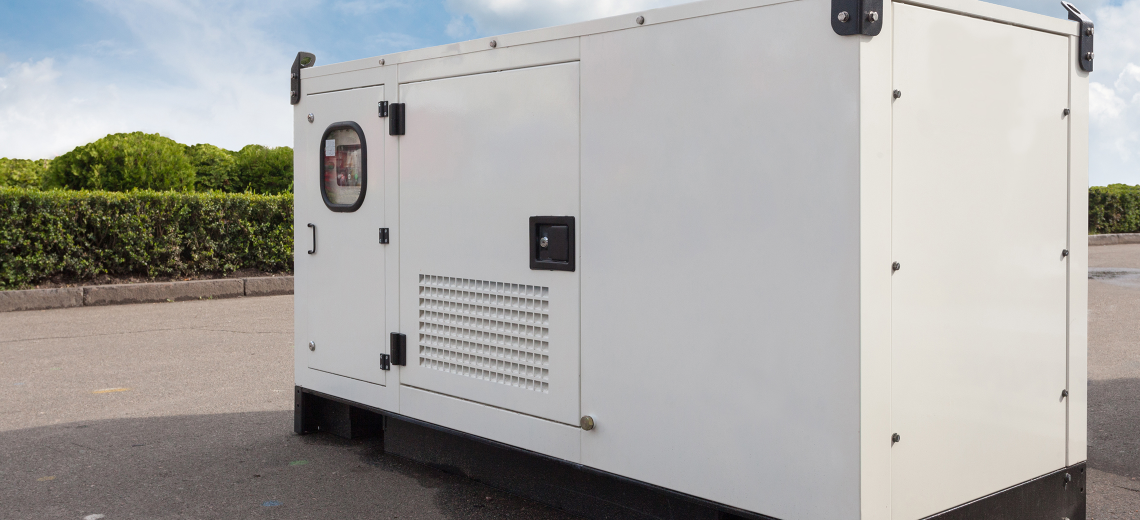Electric power is the common denominator in every home and industry the world over. But you can’t rely on it all the time. Power surges are widespread in the Australia, just like in other parts of the world. That’s why in your home or your business, you must have a power backup solution so, in case of such, you don’t get inconvenienced.
When you don’t plan early, you will be forced to buy a generator around a significant storm, and here, you don’t have much room to make a decision. Ultimately, you buy the wrong generator.
Used Commercial generators keep businesses and organizations running during power outages. These devices activate when the primary power source fails, providing backup power. Power restoration occurs instantaneously, ensuring that the equipment and operating systems stay on without interruption
When looking for a generator, the following tips will help you make the right choice.
Table of Contents
Know your power priorities
A generator’s power output determines how well it will run and the many lights, appliances, and machines it can run at once.
When choosing your PowerGen generator, you’ve to make a list of what you can’t go without when there’s a power outage. Adding up the watts will give you the right ballpark. Here are some numbers for your usual essentials;
- Portable heater: 1500 Watts
- Refrigerator: 600watts
- Computers and lights: 60-600 watts
- HVAC: 1000 watts
You can use a digital circuit breaker finder to help you determine the appliances and outlets controlled by every circuit breaker, then label them accordingly. That way, you know the type and size of the generator you need.
Choose a type
There are about four options of generators you can choose from. The home standby generators are installed permanently and kick in automatically when there’s a power outage. They run on diesel, gas, or propane.
The inverter and portable generators are movable and come in different sizes. Some are great for transporting to a tailgate, while others are good for a property as a backup source of power.
Home standby generators: These units are a bit costly and require a pro to install. They kick in automatically when the power goes off and are the most efficient of all others.
They also have a self-diagnosis system that will tell you when there’s a need for maintenance. Some will even send a text or email to you.
You can also choose the fuel type: diesel and propane are more preferred because they are safer to store.
Portable generators: This type tends to cost less than standby generators. Most of these run on gasoline, and for prolonged storage, you need to add some stabilizer. One great thing about these generators is that they can be used anywhere off your property.
Inverter generators: This type of generator is a bit complex and costs more than the traditional type of comparable output. The inverter generator is much quieter compared to the conventional counterparts. They throttle down and up to match power demand instead of running at full power all time.
When looking for a power generator for your home or business premises, you have to Learn More consider the appliances that need to be powered. Again, you’ve to choose a reliable generator supplier who has experience in generators and one who can guide you on the best type.

